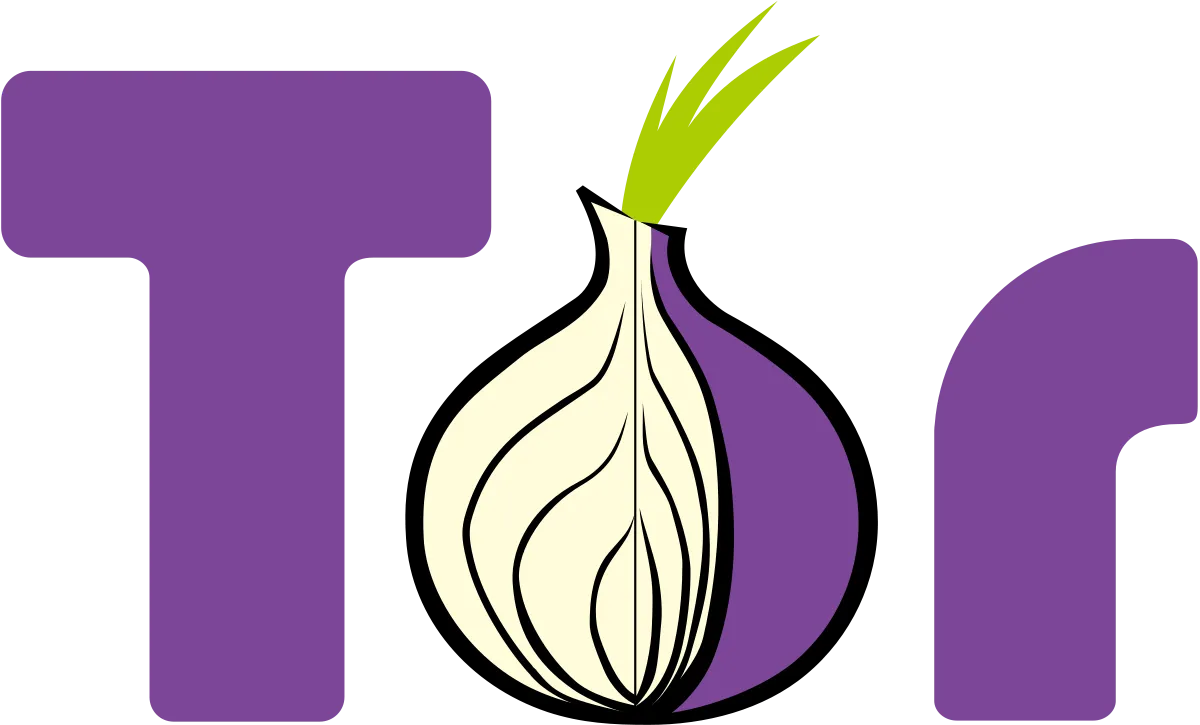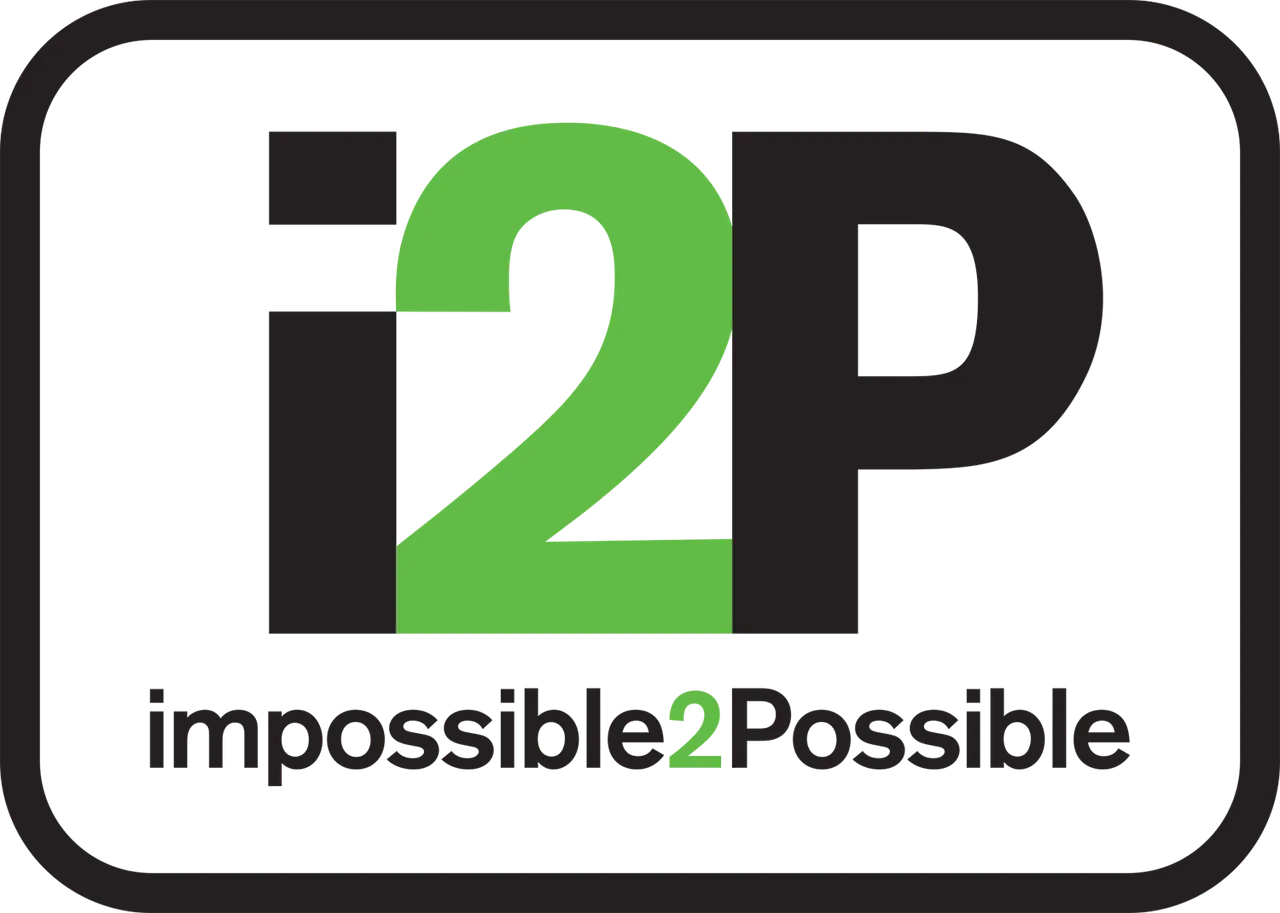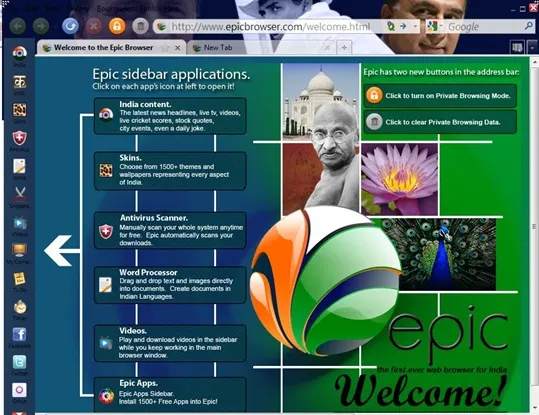#1 Tor Project

Tor is free software for enabling anonymous communication. The name is derived from an acronym for the original software project name "The Onion Router".[8][9] Tor directs Internet traffic through a free, worldwide, volunteer overlay network consisting of more than seven thousand relays[10] to conceal a user's location and usage from anyone conducting network surveillance or traffic analysis. Using Tor makes it more difficult to trace Internet activity to the user: this includes "visits to Web sites, online posts, instant messages, and other communication forms".[11] The intent for Tor's use is to protect the personal privacy of its users, as well as their freedom and ability to conduct confidential communication by keeping their Internet activities from being monitored.
https://www.torproject.org/
#2 I2P

The Invisible Internet Project (I2P) is an anonymous network layer that allows for censorship resistant, peer to peer communication. Anonymous connections are achieved by encrypting the user's traffic (by using end-to-end encryption), and sending it through a volunteer-run network of roughly 55,000 computers distributed around the world. Given the high possibility of paths the traffic can transit, a third party watching a full connection is unlikely. The software that implements this layer is called an "I2P router" and a computer running I2P is called an "I2P node". I2P is free and open source and is published under multiple licenses.
https://geti2p.net/el/
#3 Freenet

Freenet is a peer-to-peer platform for censorship-resistant communication. It uses a decentralized distributed data store to keep and deliver information, and has a suite of free software for publishing and communicating on the Web without fear of censorship.[5][6]:151 Both Freenet and some of its associated tools were originally designed by Ian Clarke, who defined Freenet's goal as providing freedom of speech on the Internet with strong anonymity protection.[7][8]
The distributed data store of Freenet (with same principles as a blockchain) is used by many third-party programs and plugins to provide microblogging and media sharing,[9] anonymous and decentralised version tracking,[10] blogging,[11] a generic web of trust for decentralized spam resistance,[12] Shoeshop for using Freenet over Sneakernet,[13] and many more.
https://freenetproject.org/
#4 Epic-Browser

Epic is a privacy-centric web browser. It was developed by Hidden Reflex (a software product company founded by Alok Bhardwaj, based in Washington DC and Bangalore, India.) from Chromium source code.[3] Epic is always in "private browsing mode". Exiting the browser causes all browsing data to be deleted. Even during browsing as little as possible is stored. Epic removed all Google tracking and blocks other companies from tracking users.[citation needed]
(The browser has no connection with the Electronic Privacy Information Center, a civil liberties group that's known as EPIC.[4])
https://www.epicbrowser.com/
Note: Epic browser is for regular serfing only
Ill make a guide later on "how to stay anonimys through the web"
All the materials were taken from official sites and wikipedia
Id recommend you to use Tails, a linux operating system, which has Tor in it.